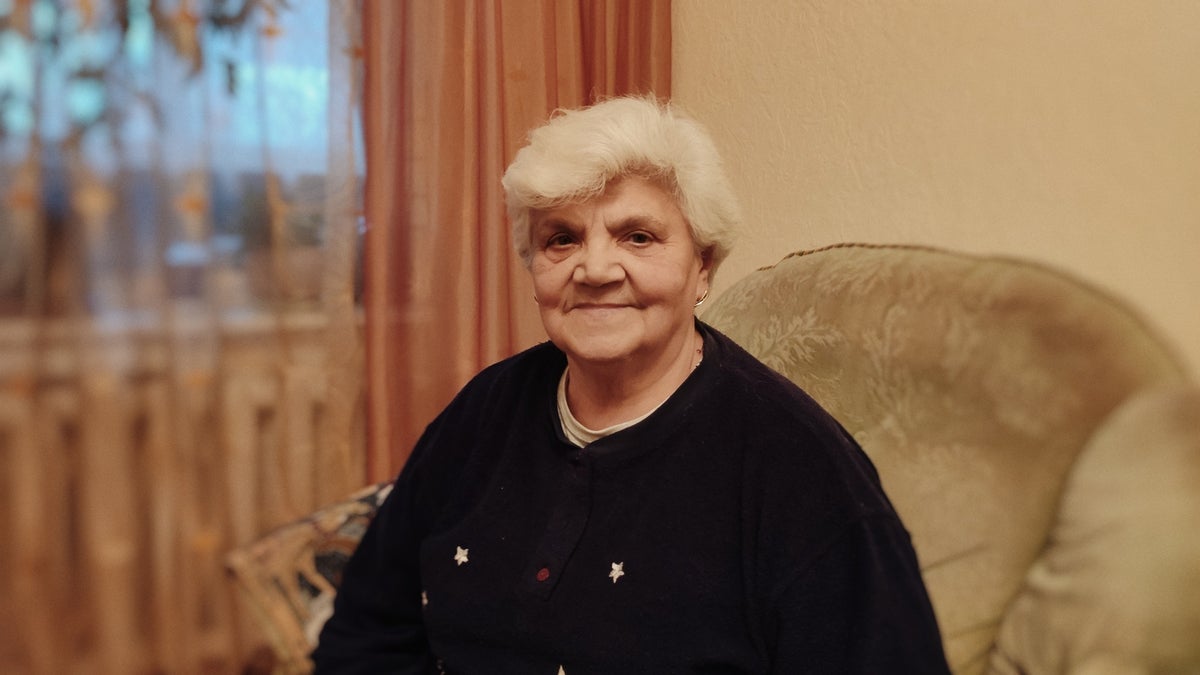
A Ukrainian refugee fears for the safety of his elderly mother, stuck in Ukraine without regular heat or light, as he struggles to find help for her in the UK.
Serhii Zhelieznov fled the city of Bucha with his wife, Iryna, and his youngest daughter, Yeva, and their dog, at the start of the war.
They found their way to Aberdeen, Scotland in September, having travelled through Germany, Austria and Poland.
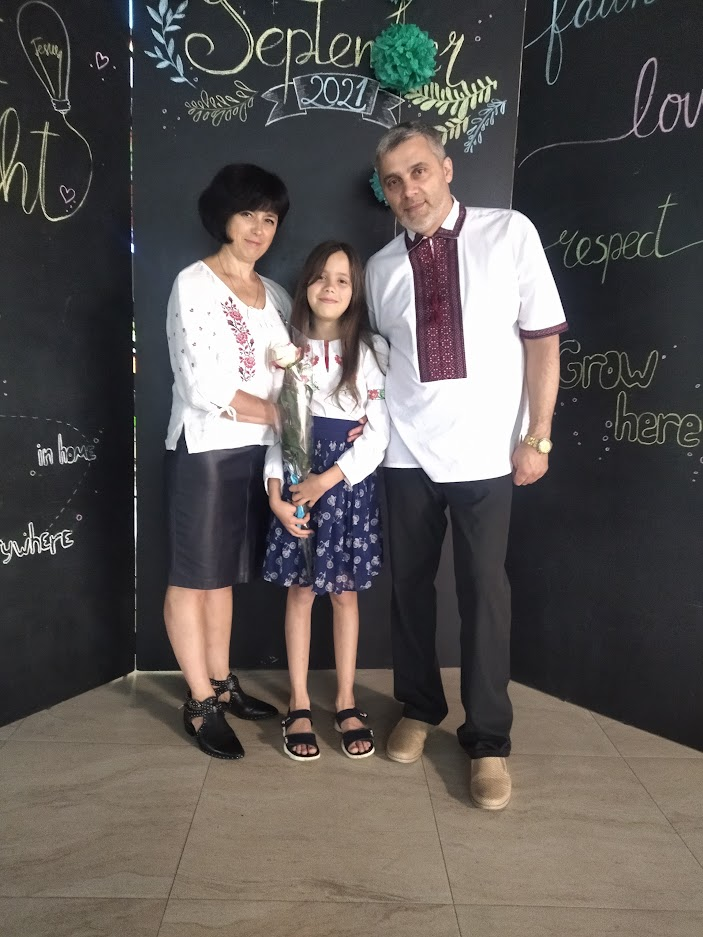
His 78-year-old mother Liudmyla and his eldest daughter Oleksandra stayed in Kyiv, believing the Russians would not attack the capital.
But over the past few months, with the double pressure of increased Russian strikes and the looming onset of winter, Mr Zhelieznov has been urgently searching for a Homes for Ukraine host to bring his mother to the UK.
“With the onset of winter, my mother has realised that being alone in an apartment without light, water and heat, at her age, is very dangerous,” he said.
“Finally she has agreed to move to a safe place and now I need to find a way to do it. We have not been able to find a host for her and I have been looking since October.
“I contacted Aberdeen council, volunteers, Facebook groups and I have had no luck. I am scared that Russia will again try to attack Kyiv and capture it. My mother lives in an area, which will be the first to suffer if the Russians launch an attack from the North.”
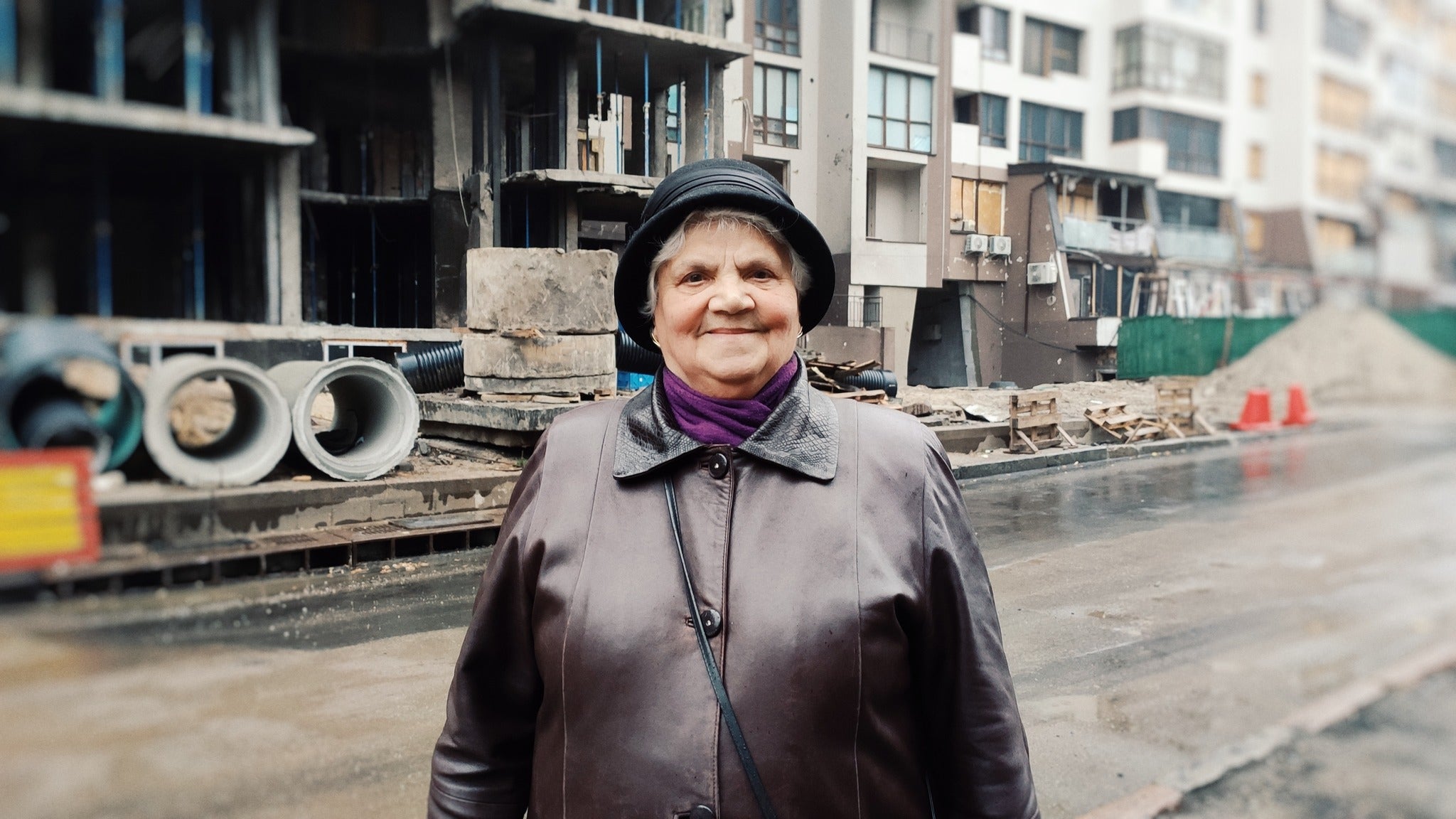
Mr Zhelieznov praised the UK for offering families like his support, but said a whole family living in a hotel room can be challenging.
“It is very difficult for us to live in the same room with three of us and a dog,” he said. “The conditions in the hotel are good, but it is very difficult to live without your own kitchen, without a washing machine and being tied to the rules of living in the hotel.
“Our condition is not the best now, but we are holding on. We are a family of believers and we know that God is good.”
Both he and his wife spend hours each day learning the English language, attending online courses, and Mr Zhelieznov is hoping to get a job as a driver.
“We are very grateful to Great Britain for their support,” he said. “Without this support, we would not be where we are today.”
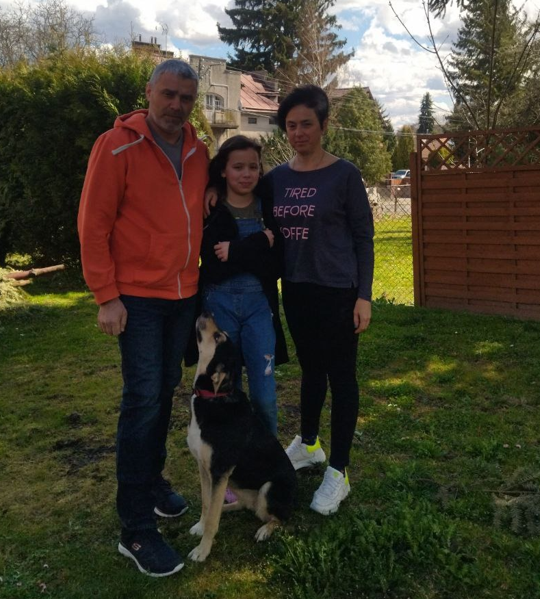
Mr Zhelieznov’s struggle comes as the Independent reports refugees who have arrived in the UK are facing a postcode lottery of support.
Councils have a legal obligation to house Ukrainians if they do not have anywhere to live but some local authorities have told refugees they cannot house them when their six-month Homes for Ukraine placement ends.
Nataliia*, 23, arrived in the UK in May on the Homes for Ukraine scheme, but had to leave her initial sponsorship placement after six months.
She had been placed with another host family by Ealing Council, in West London, in November but her room was only available for two months.
After six months in the UK, Nataliia, who speaks fluent English, was able to find an admin job in London and she is keen to rent privately. However landlords stop answering her calls and emails when she explains that she is Ukrainian, she said.
She tried to get help from the council but was originally told that she would not be eligible for temporary accommodation because she was not a vulnerable woman.
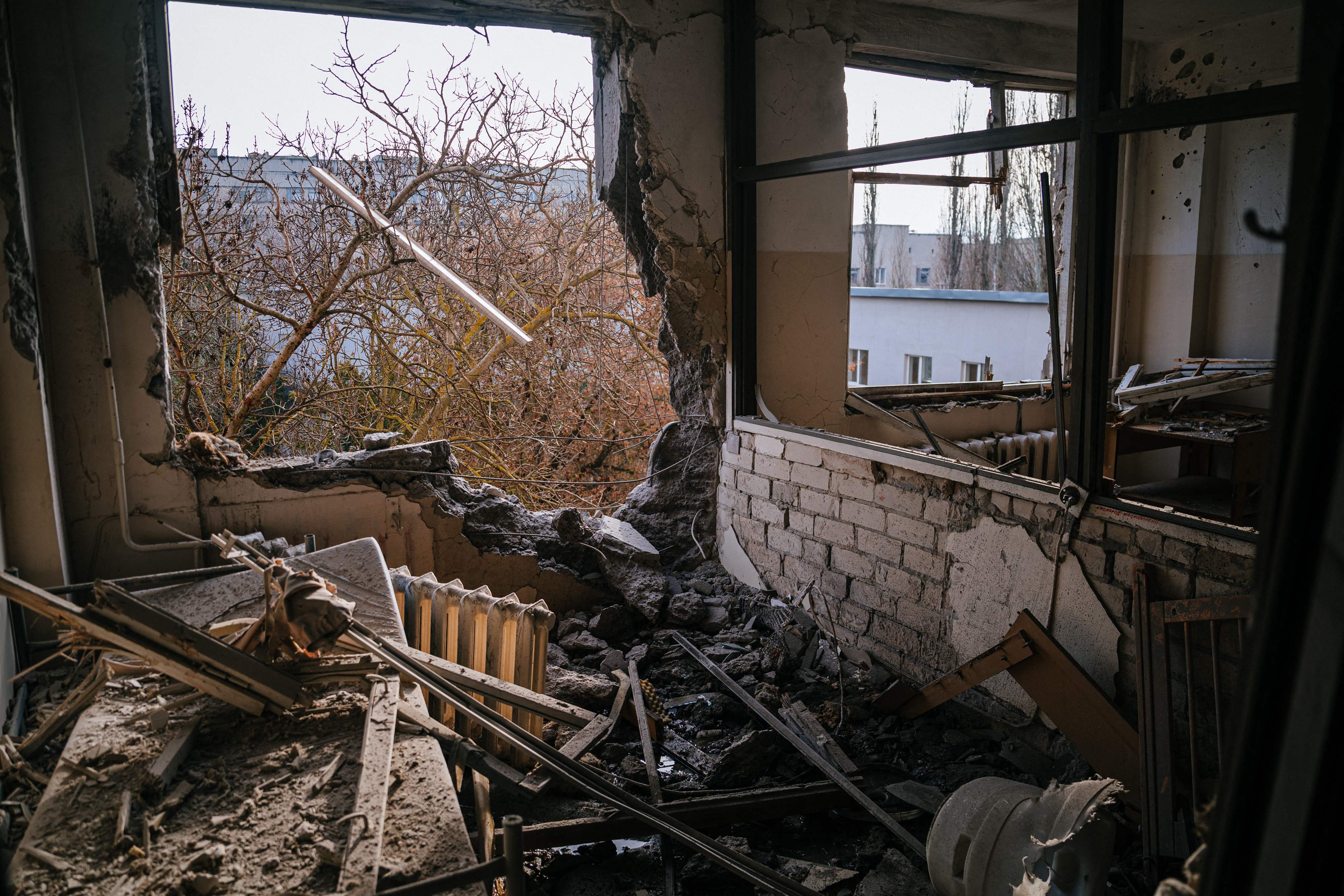
“Some [landlords] are asking for 8-12 months rent in advance plus deposit,” she said. “It was too much for me because I received my first salary in November and I haven’t been able to save. I also didn’t have many savings from before.
“I found it very difficult to contact landlords and explain my situation because they want to see evidence that I have been renting in the UK in the past six months. When I respond to their questions about my job and what I do for work, or my nationality, they will eventually stop replying to me.
“I just started my permanent employment a few months ago and landlords asked me to provide evidence that I am not on my probation period, but of course I am.”
Anna Jones, CEO of RefuAid charity said that support being provided by councils varied and was adding to the stress of people whose lives have been torn apart by war.
“Sometimes councils have said that until it is 48 hours before a person is made homeless, they can’t help or they can’t receive a referral,” she said.
“This is causing added stress to people who have already fled war. It is also a huge amount of pressure on hosts. Often, both the host and the guest have done the right thing of giving the councils three months’ notice of the arrangement coming to an end, but they come back and say they can’t help until the last minute.”
*Nataliia’s name has been changed







